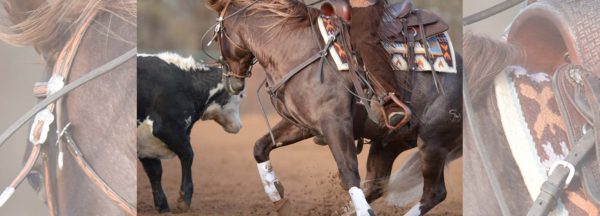Training Tip: Establish a Nutrition Plan That Fits Your Horse’s Level of Activity and Lifestyle

Most people’s problem with their horses is that the horses are overfed and underworked. They feed the horse way too much and don’t work him nearly enough. Here’s a rule of thumb to keep in mind: Ride the horse, not the feed. If you overfeed your horse, he’s going to come out of his stall full of energy and you’re going to have to work that silliness/freshness out of him. I always tell people that a tired horse is a good horse. I’ve never seen a tired horse give anyone any trouble. But I’ve seen plenty of fresh, overreactive horses buck people off and severely injure them.
Have you ever noticed that when your horse is having a fun time, you’re usually not? He’s kicking, bucking and snorting, and you’re hanging on for dear life. However, when your horse is not having much fun, you’re having a great time. He’s not looking around, spooking, running off, etc. I’m not saying that I don’t want my horse to like his job, but I want him to understand that it’s just that: a JOB. When I get on his back, he needs to realize that it’s not time to goof off or look around or play. It’s time to pay attention, do his best, and learn what I’m trying to teach him.
Every horse, depending on his body type, nutritional needs and workload, is going to need a feeding program tailored for him. The beginner’s horse that is ridden once a week isn’t going to require the same amount of feed as the futurity prospect in training six days a week.
To develop a program for your horse, I recommend working with your veterinarian and local feed distributor. Overall, it’s pretty simple: If your horse burns a lot of calories, feed a lot of calories. If your horse uses few calories, feed a small amount of calories.
